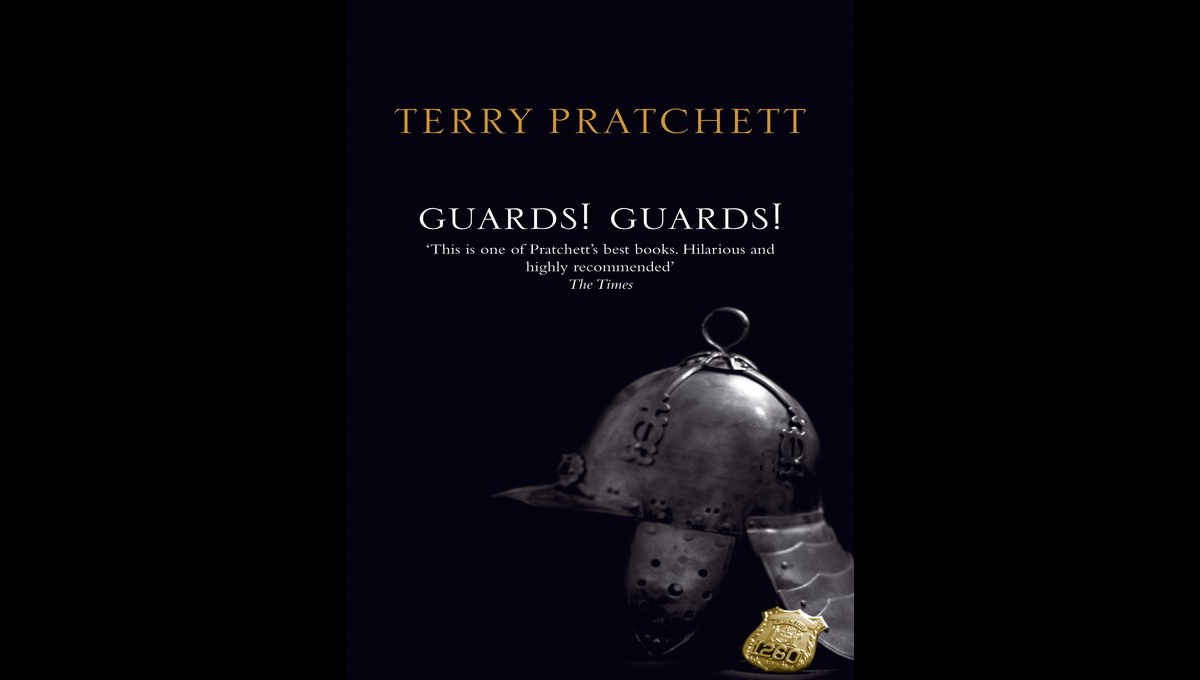Terry Pratchett is a unique writer, the creator of Flatland, to which he has dedicated more than 40 works. Written in the genre of humorous fantasy (with all the trappings – medieval entourage, magic and wizards, dwarves and trolls, and so on and so forth), these novels, novellas and stories cover every significant aspect of society.
In numerous sub-cycles, which are conventionally called “Wizards”, “Witches”, “Death”, “City Services” and others, Pratchett has examined in detail the phenomena of such phenomena as, for example, heavy music (“Fatal Music”), Hollywood (“Moving Pictures”), soccer (“Invisible Academics”), the press (“True”) and many others.
But the true gem among the Flatland stories is the sub-cycle about the Guardian, in which the author has comprehensively explored the nature of Power and Order. Together with Samuel Wymes, we trace the evolution of the City Guard from a bunch of pathetic misfits to a powerful organization of law enforcement officers. We see how a low-life drunkard, who had long given up on everything, finds faith in his cause and his family, thanks to the arrival of a Companion and an encounter with a Companion for Life. And it turns out that Commander Vimes has a sharp mind, an unyielding will and a developed sense of duty, which allows him to solve the most complicated crimes and maintain order in the city, which he feels with the soles of his shoes. The other guards also leave an unforgettable impression: the dwarf-raised Morcoe Ironstonesson (that perfect Companion who believes in society and the rule of law), the “born sergeant” Colon, the werewolf Angwa (rebelling against family tradition), the colorful Corporal Schnobby Schnobbs (who is easier to imagine not in the ranks of the guards, but among their wards), and the mighty troll Detrit (slow-witted but faithful comrade). The lives and deeds of these characters are described with such humor, such language, that the process of reading is a real pleasure.
But most importantly, with the help of humor and satire in novels about the Guardian, the author makes you think about such questions: what is a “good” ruler? What is his power based on? Who is better: a murderous king, a cunning patrician who has turned the city into a self-governing corporation of guilds, or perhaps a real bloodthirsty dragon who will keep everyone in fear? What is the social contract and what is the role and responsibility of the opposition? How to achieve order and law-abidance? How can interracial and interfaith peace be preserved? Thinking about all this is no less fascinating than following the adventures of beloved characters or detective intricacies.
Pratchett’s books about the Guardian can be reread endlessly, it is a monument to the Wizard of the Word who left us.
